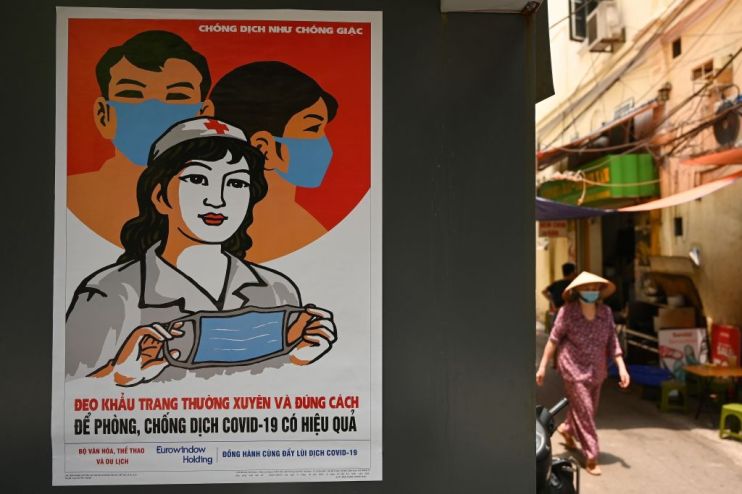Coronavirus: The history of pandemics suggests we’ve only seen the tip of the iceberg

The term pandemic may conjure images of medieval plagues but they are a recurring blight of the modern era. Since the 1770s we have had a series of global epidemics: cholera smited the human race in the nineteenth and early twentieth centuries; there have been a series of influenza outbreaks since 1890.
While Covid-19 is moderate by historical standards, features of both the virus and modern society have intensified its impact. It is a novel virus, meaning little natural immunity. It is highly infectious, up to 80 per cent of cases are asymptomatic, and it has a long incubation period in which people are infected by show no symptoms. But it then causes severe symptoms in at least a fifth of patients and death in between 0.3 and 1 per cent – many of whom have underlying conditions. The healthy make the sick sicker – and often without knowing it.
These traits are exacerbated by features of contemporary society. Technological advances may equip us with some of the tools to combat novel viruses, but economic integration, long supply chains, the scale of travel, the way health systems are run combined with a movement of married women into the labour force and change in the way we care for the elderly have made the impact of an infectious disease much greater.
Lastly, there is a structural lack of resilience and redundancy in modern healthcare systems around the world. Fears across many nations that hospitals were ill-equipped to cope with the surge in pressure caused by Covid-19 has led to extensive, medieval even, policies.
And a new report from Dr Stephen Davies, Head of Education at the Institute of Economic Affairs, Going Viral: The History and Economics of Pandemics outlines several likely effects from not just the virus, but the drastic measures taken to tackle it.
First, there will be a massive fall in GDP in the two central quarters of 2020, of a scale comparable to the Great Depression. Second, pre-existing trends – like online shopping or remote working – will be intensified. Third, the pandemic will likely trigger a massive debt crisis and significant revaluation of assets.
Fourth, we may have an episode of much higher inflation: a weakened supply side may meet with pent-up demand from desperate consumers, leading to inflationary pressures. But most damaging, and long-lasting, will be a retreat from globalisation. Historically, pandemics have tended to arrest or reverse economic integration – there is no reason to think this time will be any different.
Covid-19 will be with us for 18 to 24 months – by which point we reach herd immunity, natural selection pushes the virus to become milder, or a vaccine is developed. It could have been much worse: if you haven’t watched the 2011 film Contagion, don’t – or at least not right now.
But there are ways we can mitigate future risk. When the human world buts up against the natural, you get the potential for zoonotic transmission of diseases. Contemporary intensive farming is the perfect environment for novel pathogens, which is why Dr Davies encourages a move to technologies such as cultured meat and flours. We should improve the process by which diagnostic tests and vaccines are developed and produced – and eliminate much of the unnecessary regulation that slows down both.